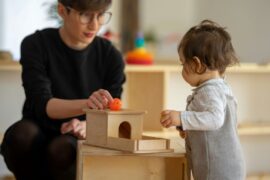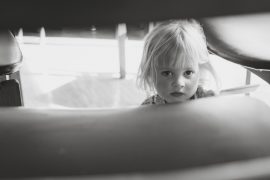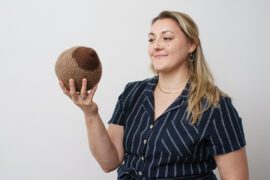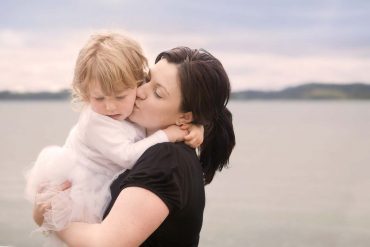Movement
Whilst many women experience pain, movement remains a vital part of a woman’s postpartum recovery. Traditional confinement practices conceptualise a “restful recovery” and restrict movement and hygiene routines. As a result, a woman who has just given birth does not have to run around the block, lift weights and attend personal training sessions to restore her body to its former glory.
The focus becomes movement and exercises that will strengthen the core and pelvis that has been strained and abandoned over the gestating weeks!
This includes:
- pelvic floor exercises
- core strengthening exercises
- hip flexor strengthening exercises
- head and neck exercises
Allowing for 2-3 weeks of these exercises will not only help her body recover from the birthing process (either vaginal or caesarean), but also in laying the foundation for her to indeed run around the block, lift weights and attend personal training sessions again! Thereafter, and in the latter half of the postpartum period, she may start to intensify her physical activities to improve other aspects of cardiovascular fitness whilst maintaining pelvic and core strength.
The newborn baby is a great exercise companion for the initial few weeks, and a definite accountability companion as they grow! Hence, getting the foundations right after delivery will minimise injury and increase fitness over time.
Sleep
Sleep is guaranteed to be interrupted in the postpartum period and is due to a variety of reasons including hormonal changes, pain, bleeding, and caring for the newborn. However, insomnia on its own can be an early sign, or catalyst, of postnatal depression. As a result, health professionals are encouraged to be vigilant on the management of altered sleep patterns amongst postpartum mothers (Hunter).
Interestingly, nutrition deficiencies can also be a trigger for insomnia. As a result, ensuring quality nutrition whilst maintaining good sleep hygiene, minimising stress and having sufficient support are all essential for good quality sleep in the postpartum period, and thus reducing postpartum complications.
Emotional Care
Whilst we have many practical tips and advice regarding nutrition, exercise and sleep, we must not forget the emotional status of a mother.
As mentioned earlier, we have much to learn from Maori confinement practices.
They embrace both birth and family (whānau) equally, whilst encompassing their whakapapa (the universe and its past, present and future). These are integrated into all stages of pregnancy, childbirth and post-partum period withkarakia (prayers) and oriori (ancestral songs) said and sung to both mothers and babies. These practices seem to create a sense of belonging, whilst offering safety and support for a mother.
Translating that to a western mother could confer these emotional benefits to her. So, let us learn from other traditions to appreciate what our bodies have undergone to give life, reflect on our experiences as a child to forgive the past and bring forward valuable lessons that are worth instilling upon the newcomer, and enjoy the beauty of a new life.
Wishing you a happy mother’s day.
Visit the Real Healthy Me website to find out about their health programmes and join their supportive communities on Facebook and Instagram. You can also find them on YouTube and LinkedIn.










